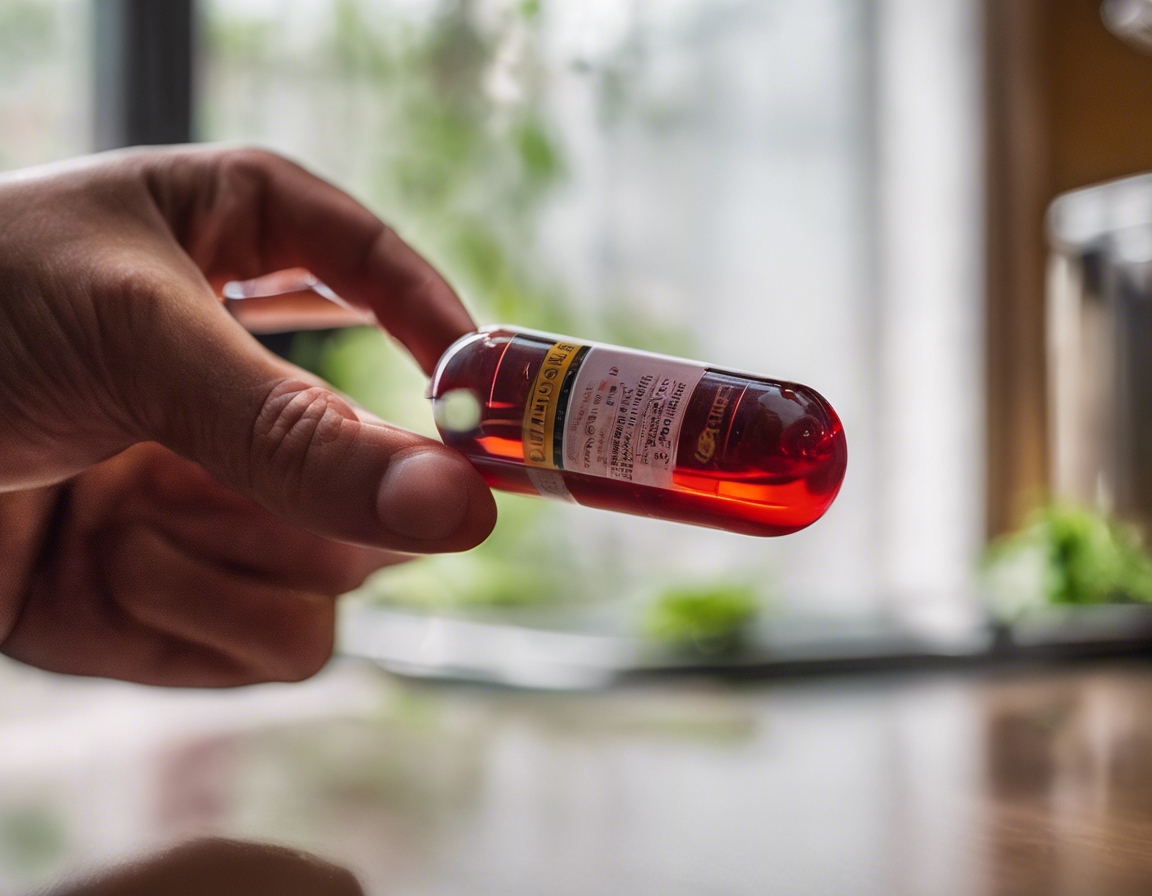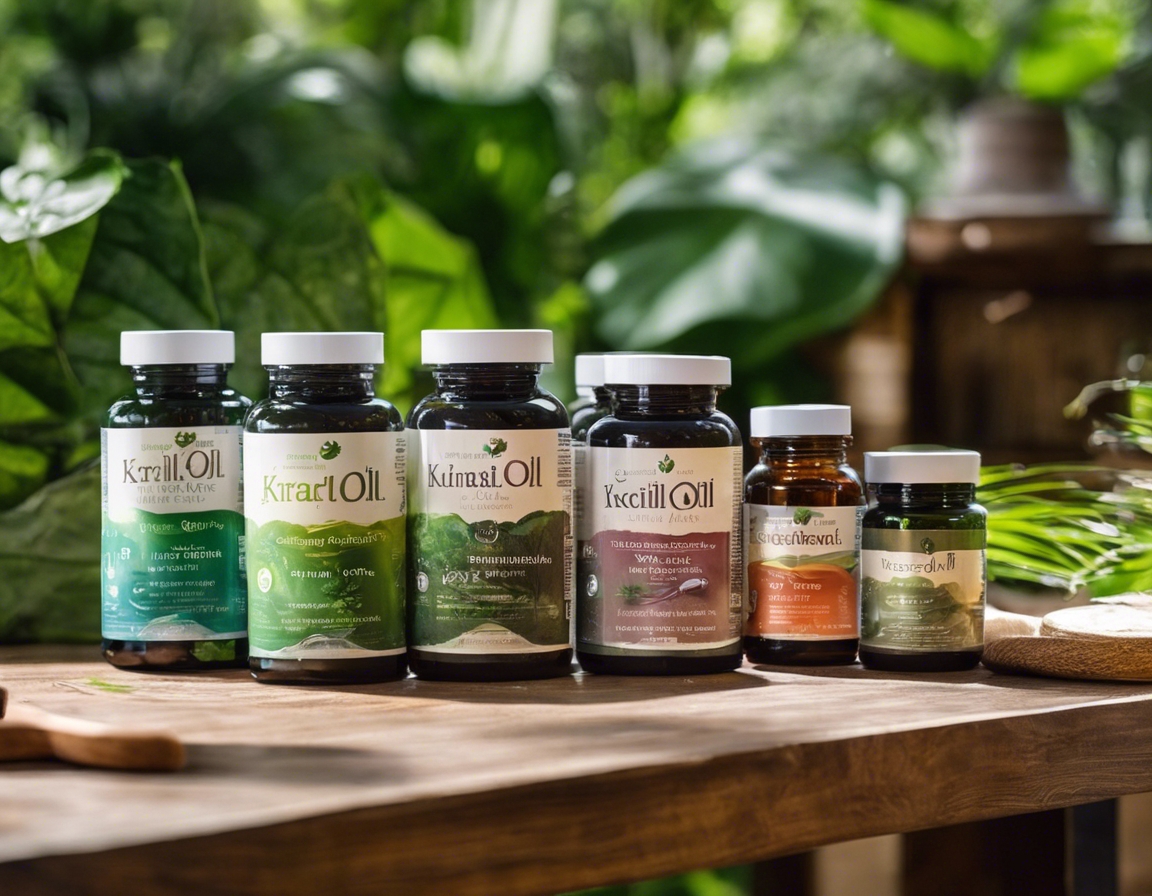The ultimate guide to vitamin d: sund3 for every age
Vitamin D, often referred to as the 'sunshine vitamin,' is a fat-soluble vitamin essential for maintaining healthy bones and teeth, supporting immune system function, and playing a crucial role in calcium absorption. Unlike other vitamins, Vitamin D functions like a hormone, and every cell in your body has a receptor for it.
Vitamin D's primary role is to regulate the absorption of calcium and phosphorus, which are critical for the development of strong bones and teeth. It also modulates cell growth, neuromuscular and immune function, and reduces inflammation. Sufficient levels of Vitamin D can help prevent osteoporosis, reduce the risk of certain cancers, and play a role in heart health and weight management.
Deficiency in Vitamin D can be due to inadequate nutritional intake, limited sun exposure, certain medical conditions, or the body's inability to convert Vitamin D into its active form. Symptoms of deficiency can include bone pain, muscle weakness, increased risk of cardiovascular diseases, cognitive impairment in older adults, severe asthma in children, and even cancer.
The Sun and Vitamin D: Understanding SunD3 Synthesis
When your skin is exposed to sunlight, it produces Vitamin D from cholesterol. The UVB rays from the sun convert 7-dehydrocholesterol in the skin into Vitamin D3, which is then converted into its active form in the liver and kidneys.
The optimal time for sun exposure to ensure adequate Vitamin D synthesis varies depending on geographical location, skin type, and time of year. Generally, midday sun exposure is most effective. However, it's important to balance sun exposure with the risk of skin damage and skin cancer.
While sun exposure is a natural way to get Vitamin D, it's important to practice safe sun habits. This includes using sunscreen, wearing protective clothing, and limiting the time spent in direct sunlight to prevent skin damage.
Vitamin D Through the Ages: Dosage and Sources
Infants and children need Vitamin D to support rapid growth and bone development. Breastfed infants may require Vitamin D supplementation, as breast milk may not provide enough of the vitamin. For older children, fortified foods and safe sun exposure are good sources.
Adolescents are at a critical stage of bone development, and adequate Vitamin D is essential. Sun exposure, diet, and supplements can help maintain optimal levels during these growth years.
Adults require consistent levels of Vitamin D to maintain bone health and reduce the risk of various health issues. A combination of diet, supplements, and sun exposure can help achieve the recommended levels.
As we age, our skin's ability to produce Vitamin D decreases, and the risk of Vitamin D deficiency increases. Seniors may need higher doses of Vitamin D supplements to maintain bone health and prevent falls and fractures.
Supplementing with Vitamin D: What You Need to Know
When selecting a Vitamin D supplement, it's important to choose one that is high-quality and provides Vitamin D3 (cholecalciferol), which is the same form produced by the body when exposed to sunlight.
Vitamin D comes in two forms: D2 (ergocalciferol) and D3 (cholecalciferol). Vitamin D3 is more effective at raising and maintaining adequate levels of Vitamin D in the blood.
Several factors can affect how well your body absorbs Vitamin D, including gut health, the presence of other nutrients, and overall diet. Ensuring a balanced diet with healthy fats can improve Vitamin D absorption.
Integrating Vitamin D into Your Daily Life
Fatty fish, egg yolks, fortified milk, and cereals are good dietary sources of Vitamin D. However, it can be difficult to obtain enough Vitamin D from diet alone, making sunlight exposure and supplements important.
Making lifestyle changes such as spending more time outdoors, incorporating Vitamin D-rich foods into your diet, and considering supplementation can significantly improve your Vitamin D status.
It's important to monitor your Vitamin D levels, especially if you're at risk of deficiency. Regular blood tests can help determine if you need to adjust your sun exposure, diet, or supplement regimen to maintain optimal Vitamin D levels.






Comments (0)